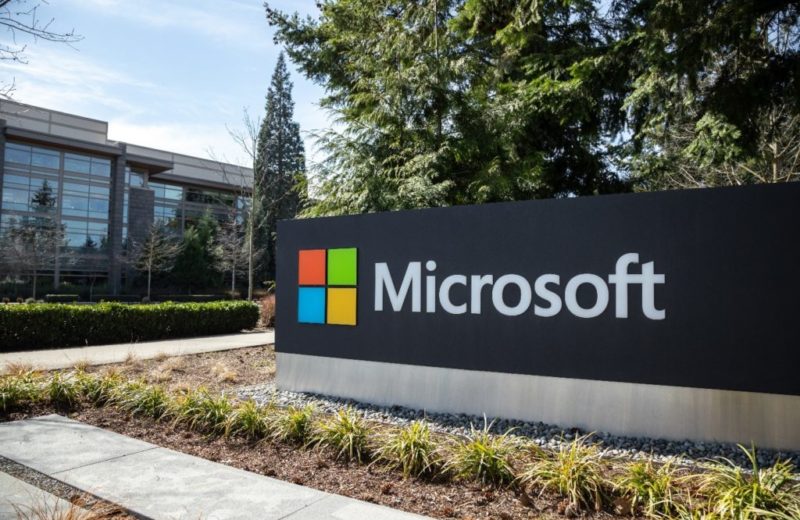The court approved the purchase of virtual reality startup Within Unlimited by Meta Platforms Inc. As a result, according to individuals familiar with the judgment, it thwarted an attempt by the US Federal Trade Commission (FTC) to block the transaction.
The US District Judge Edward Davila in San Jose, California, denied the FTC’s request for a preliminary injunction to halt the planned merger early Wednesday morning in a sealed decision. Meta’s sale was temporarily shut down while the FTC reviews whether to appeal his decision, according to a temporary restraining order he issued separately.
Facebook hasn’t responded to a request for comment; neither has the FTC.
The approval represents the first blow to Biden’s antitrust politics so far
On February 13, an in-house trial before the FTC’s administrative judge will begin. The FTC will also have to decide on whether to pursue this one.
FTC Chair Lina Khan has suffered her first major defeat with this decision. As a central premise of President Joseph Biden’s economic agenda, he nominated her to revitalize antitrust enforcement. In comparison to her predecessors, Khan has taken a more aggressive approach to mergers. Because of their potential to dominate emerging markets quickly, she increased the agency’s emphasis on technology giants in particular.
In July, the FTC filed a complaint against Meta. It claimed that its investment in Within, the creator of Supernatural, a prominent virtual reality fitness app, would help Facebook dominate the fast-growing virtual reality sector. During an eight-day hearing in December, executives from Meta testified, including CEO Mark Zuckerberg and VR head Andrew Bosworth.
Meta has been just another one of FTC’s Big Tech targets
The FTC isn’t favoring Microsoft Corp’s $69 billion merger with gaming publisher Activision Blizzard Inc, either. It has to do with the possibility that the agreement will restrict competition in the cloud gaming industry. The homogenous case will go to trial in August.
The FTC cited Meta’s purchase of Within as justification for Facebook’s parent to establish a monopoly in the nascent virtual reality industry at a December hearing. The merger, according to the FTC, may harm potential competition that could arise.
In its effort to stop Microsoft from purchasing Activision, Davila’s apparent rejection of that argument may not be beneficial to the FTC. In this case, the future of cloud gaming development is also the center of the complaint.
















